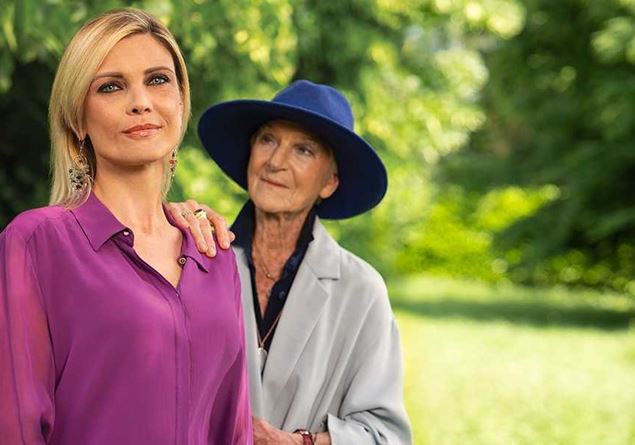Even if it starts from a good intention, she can hit.
It is never easy to know what to say to comfort a loved one with cancer. One thing is certain, better avoid clumsiness and injunctions to keep morale. For example : “Beat”, “don’t let yourself be killed”, “be strong” Or “Keep your morale”. By pronouncing these kinds of sentences, we hope to encourage the patient and pull him up. In reality, it is rather an injunction to go well that can make the patient feel guilty and suggest that he does not do things as he should and that, in a sense, it is his fault if he cannot get out of it. However, a person with cancer has the right to be sad, tired and vulnerable.
In the same way, avoid the sentence: “I know someone who had worse” Or “Don’t worry, it is treated well”. Seeking to minimize the severity of cancer is a serious mistake. The patient does not need to hear that Untel died of this cancer or that he had more restrictive treatments. Avoid at all costs the comparisons that are useless, humiliating, and do not try to reassure your interlocutor at all costs by telling him that everything will be fine when you are not a doctor and do nothing. It is also necessary to avoid wanting to find a rational explanation for the cancer of a loved one. Admittedly, lifestyle plays a major role in the risk of cancer, but some people also fall sick despite irreproachable lifestyle. So refer to saying “If you hadn’t drunk as much and smoked, you might not be there today! “.
Also remember that we are not in place of the other. Tell her “You have to move“is thus to be banned. It is useless to force him to get out if he does not want it, he has the right not to have “The head to that”. We also forget the “I know what you feel”. You have no idea what your interlocutor feels. Each experience of the disease is unique, your personal history or that of your colleague will not necessarily help your loved one. Tell him rather “I can’t imagine what you feel but know that I love you and that I will be there to support you”. Thus, he will feel legitimate in his feelings and will not hesitate to inform you.
“It is always difficult to find the right words. When you do not know what to say, it is better to say nothing. At the announcement of a cancer, we feel dread, fear, sadness, pain, we say why me? It is important to be present for the other and to be attentive. The simple fact of being present, confident, benevolent, is useful for the patient. Moment to revisit your life, to share, to exchange, to have fun, to be in a conviviality with those you love, to savor the little moments of life by your side “finally suggests Pascal Anger, clinical psychologist and psychoanalyst.








